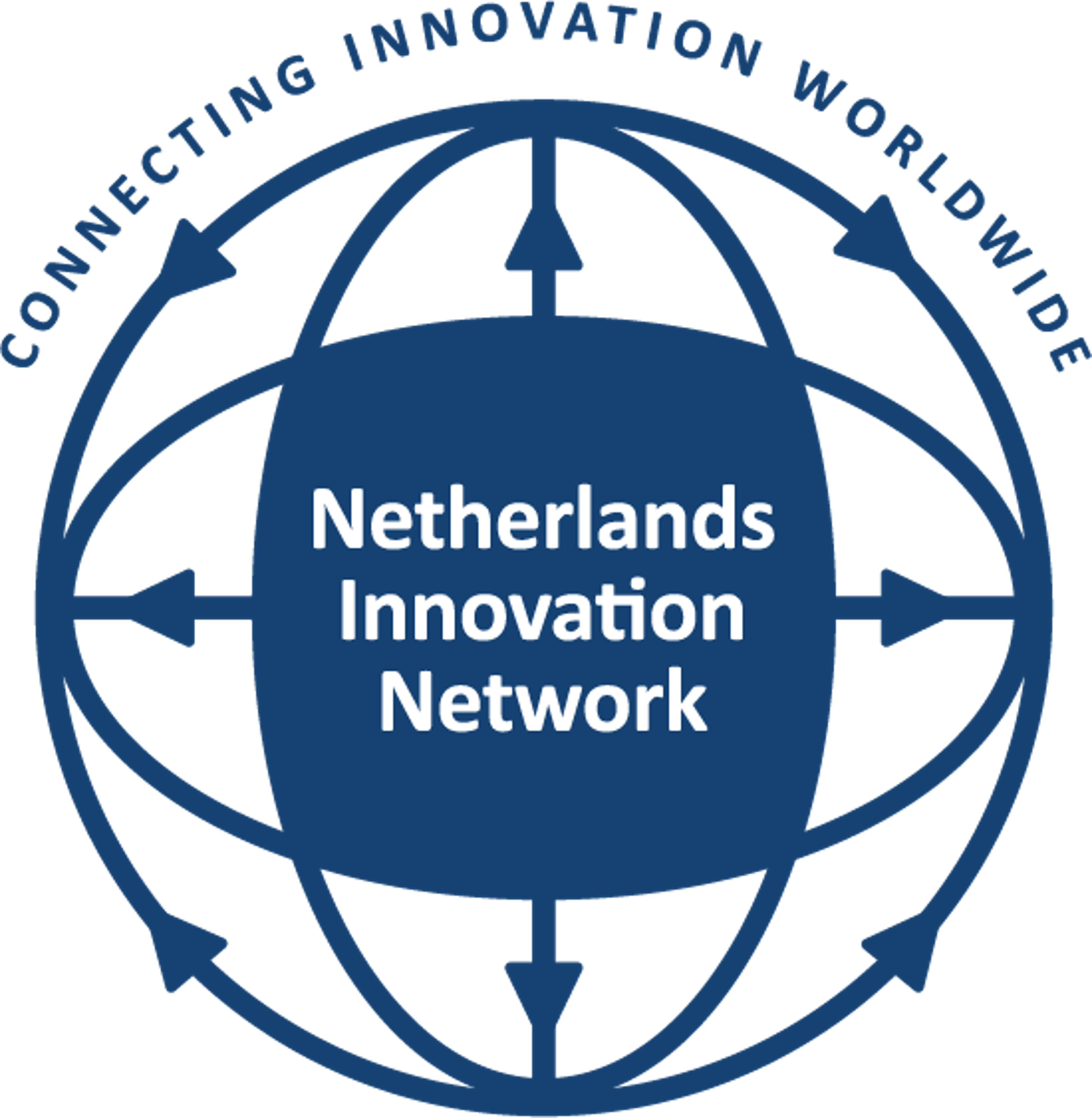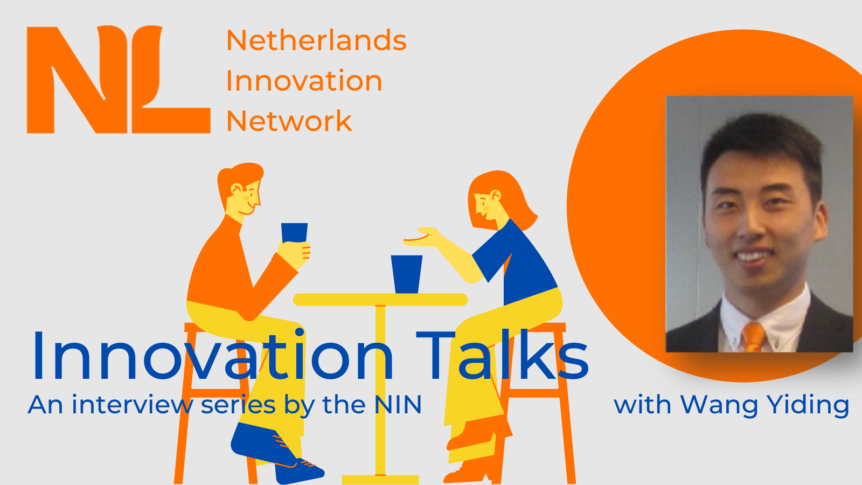by Claire Selbeck
Mr Wang is an alumnus of two Dutch universities; Wageningen University and the Delft University of Technology. In the past, he has worked at Sinovac and he currently works at Pfizer, as the Senior Manager Vaccine GCMC China. In Beijing, the Innovation Network had the opportunity to meet with him and hear more about his studies in the Netherlands, his work and his views on global Covid-19 vaccine development. This prompted our curiosity, and we were delighted when Mr Wang agreed to an interview with us!
IA: Can you give us a short introduction to your background and studies?
WYD: I started at Wageningen University in 2004. There, I obtained both BSc and MSc degrees in Biotechnology, with a specialization in Medicine. After graduating, I was selected for the Professional Doctorate in Engineering Program at TU Delft and I obtained my degree in 2011. Following this, I started a professional career in vaccine process development in the industry, where I am still currently working.
Can you explain your choice to move to the Netherlands to complete your Doctorate in Engineering research?
While studying at China Agricultural University (CAU), I hardly knew anything about the Netherlands nor the Dutch higher education system. Then, during my bachelor at CAU, I had the opportunity to continue my studies at Wageningen University. Thanks to the experiences shared by my Dutch teachers at CAU who trained us in fundamental sciences, I came to know more about Wageningen University and the Netherlands. I received my admission to Wageningen University in 2004 and started my personal adventure in a foreign country.
How was it to study in the Netherlands after an education in China?
It was a great experience in my personal and professional life. I made a lot of friends at Wageningen University who came from many different countries, I felt like I was living in a real “global village.” My program advisors, teachers, tutors and peers at both Wageningen and Delft gave me support, guidance and encouragement during my study and research. I got many opportunities to pursue my interests in the Biotechnology field. Without such an experience, I could not even imagine achieving my current professional career.
Do you keep in contact with old classmates or teachers?
Yes, I still keep in contact with many of them.
Did you notice any differences in styles of teaching?
Yes, certainly in my personal experience. The fundamental training in Biological Sciences I received at CAU, both theoretical and experimental, were very similar to my experience in the Netherlands. However, in the Netherlands, I got many opportunities to work with students from a variety of different backgrounds. Also, being in a dynamic environment in a new country working at a different university brought new perspectives to my research projects.
Did you notice any differences in the availability of (financial) resources between the Netherlands and China?
I do not know much about the situation in the Netherlands. However, in China, there are many ways to apply and obtain (financial) resources for your research. Nevertheless, the competition is very high. More and more, you can see that financial grant recipients are talents who have had successful track records overseas.
We have noticed that the US or the EU tend to focus on early-phase research and development, while China tends to focus on later-stage R&D. Do you notice this too?
I am not an expert on this. In my view, the US and the EU have an environment that wants to help build up and grow. This environment has created a long history of fundamental research and technology innovation. China, as a fast-developing country, has its own unique but dynamic situation. This situation requires allocating resources to continue boosting the economy. I am confident that there are a lot of opportunities for China and the West to work together and create a mutually beneficial relationship.
Have you noticed this tendency to focus on different stages in R&D in the development of vaccines as well?
The US and the EU have well-established fundamental research systems. They also have good systems to help translate science into technology. China is catching up! In both fundamental science and in applied fields in vaccines. I see a lot of opportunities for China and the West to work together, such as sustained cooperation between research institutes and vaccine companies.
Have you seen any exciting developments in technology since the development of the COVID-19 vaccines?
Since 2020, many scientific papers on COVID-19 have been published as a result of collaboration between researchers from Chinese and the West. We have seen successful international collaboration on COVID-19 vaccine development as well, from which many are based on innovative technologies.
Why did you choose to enter corporate life after completing your research?
I was often excited and driven by science & technology that can directly impact and improve people’s health. So, I knew joining the health industry was my first choice.
Have you joined any Dutch alumni events in China?
I used to be a member of Wageningen Alumni Network. Most recently, I joined a celebration of the 100-Year Foundation of the Wageningen University in Beijing. I have also joined a few TU Delft Alumni events.
The Netherlands Innovation Network in China would like to thank Mr Wang for the interesting interview!
If you would like to get in touch with us, you can do so by sending us an email at [email protected], following us on LinkedIn @ Netherlands Innovation Network China or check out https://netherlandsinnovation.nl.
If you would like to get in touch with Mr Wang, you can send an email to [email protected].

